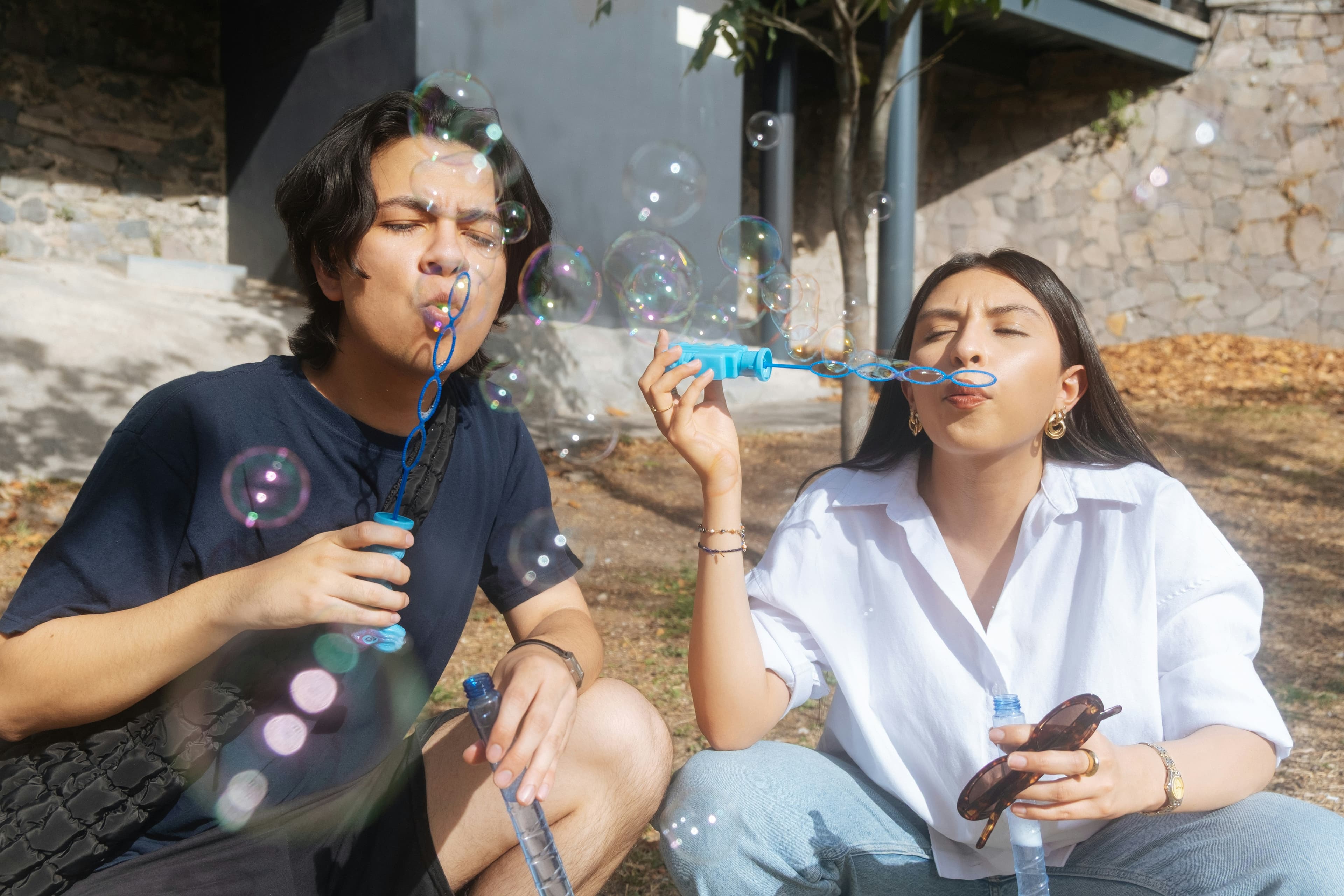
Multiraciality: Where Are You Really From?
I heard that a lot growing up, sometimes with curiosity, sometimes with confusion. I didn't have the language for it then, but it shaped how I saw myself and how I deal with my multiracial identity.
I heard that a lot growing up—sometimes with curiosity, sometimes with confusion.
I didn't have the language for it then, but it shaped how I saw myself and how I deal with my multiracial identity. As a biracial psychotherapist—Brazilian and Japanese—I've spent the past eight years exploring how our histories shape the way we move through the world. In therapy rooms and in everyday life, questions of identity come up again and again. For many of us living between cultures, it's not just a concept—it's a quiet, daily negotiation that deeply impacts our psychology of belonging.
The Question That Shapes Multiracial Identity
One question echoes throughout multiracial lives: “Who are you?”
It starts early—when classmates say you look different, or strangers ask where you're really from. It's often said with curiosity, but it lands as a reminder that you don't quite fit. This constant questioning becomes central to navigating identity as a multiracial person. It's a question asked by family, friends, and strangers—more often than we'd like. And while it sounds simple, for those of us who live between cultures and countries, it rarely is. That question can stir isolation, confusion, invisibility, and a quiet sense of loss—all core aspects of the psychology of belonging for those with biracial identity.
The ache of being seen as “not quite enough” for any group—like when someone praises your Japanese, not realising it’s your first language.
The exhaustion of constantly explaining who you are.
The doubt about whether you’re allowed to claim your full identity, like when I was told I wasn’t really Brazilian because I didn’t grow up there long enough. As if blood, language, and connection weren't enough to count for someone living between cultures.
And still, living between worlds brings incredible strength:
Cultural and language fluency that bridges traditions.
Deep empathy shaped by understanding multiple cultural perspectives—a unique gift of multiracial identity.
Creativity is born from blending different ways of thinking and being.
And, with enough courage, the freedom to define yourself on your own unique terms while navigating identity with confidence.
Despite growing multiracial populations, we still lack the language and cultural understanding to fully hold these experiences. My hope is to bring more awareness to the realities of those navigating identity, migration, and the longing to feel seen and valued. The psychology of belonging for multiracial individuals deserves deeper recognition and understanding.
It's not easy to unlearn the ways we divide ourselves. But perhaps we can start by asking better questions—ones that don't flatten or fragment, but make space for the layered, evolving truths we carry. It's not easy to unlearn the ways we divide ourselves. But I hope we can move toward accepting each other, just as we are.
Read more on the topic here: Race Remixed: Black? White? Asian? More Young Americans Choose All of the Above
Illustration by Rachel Levit Ruiz







